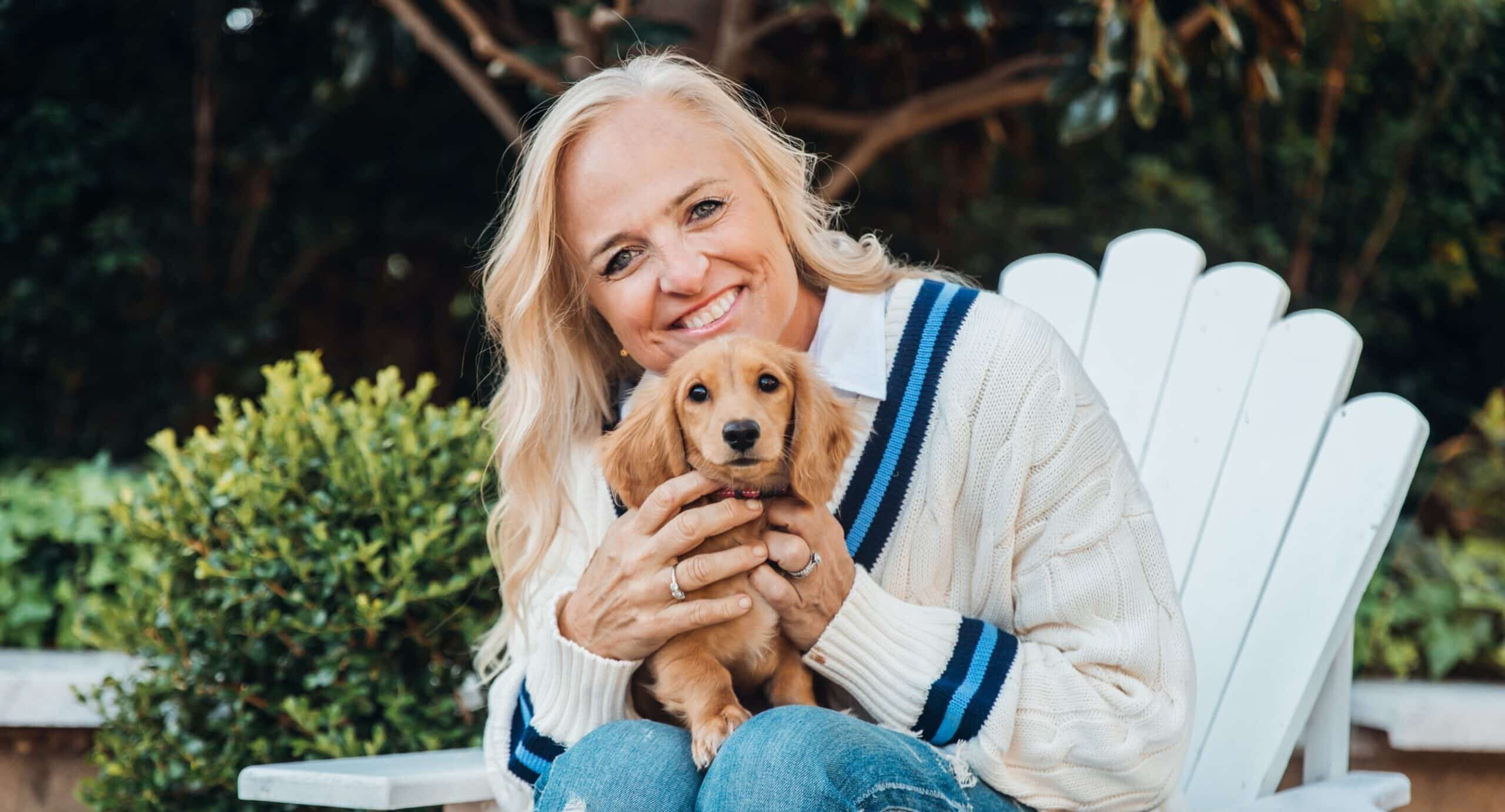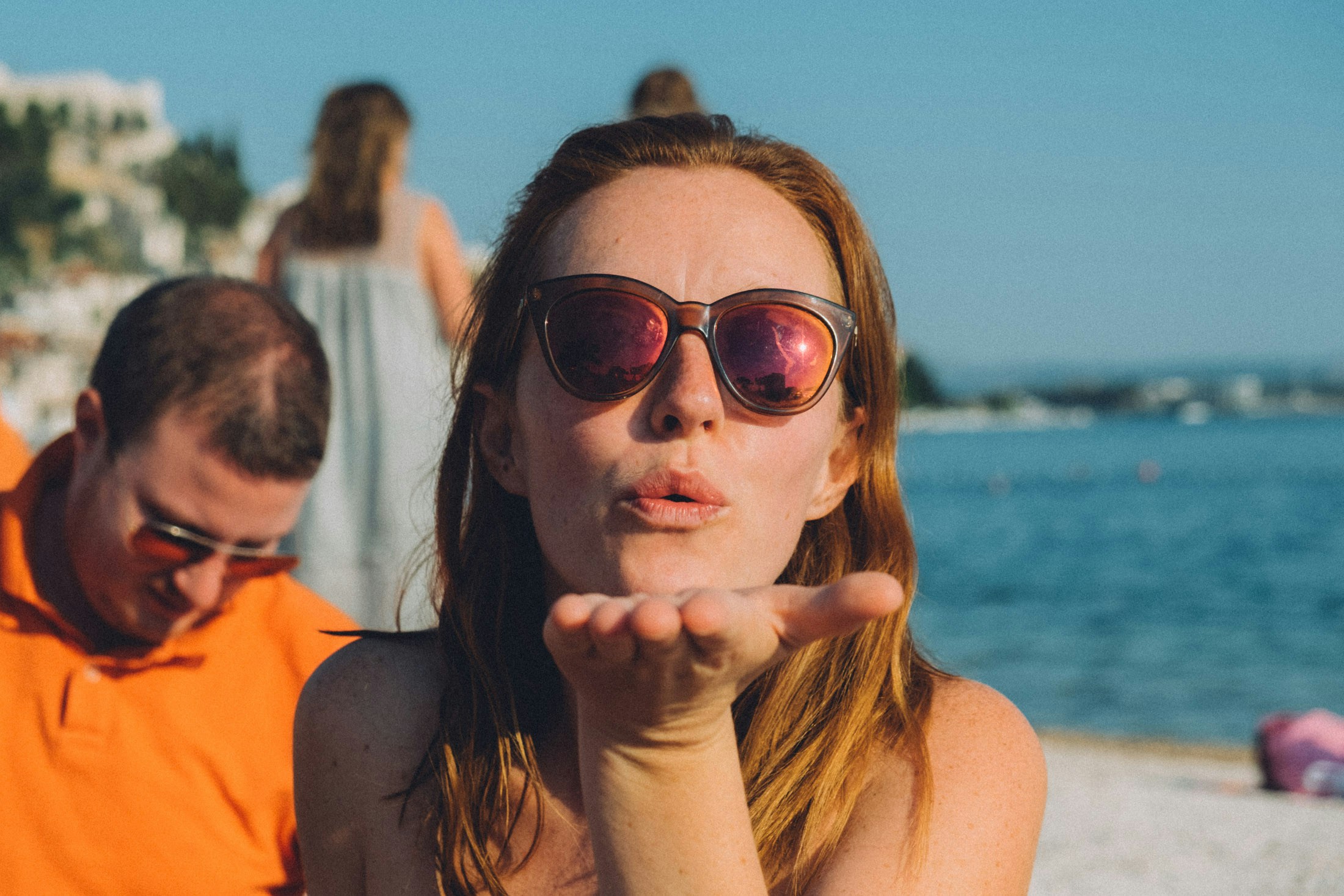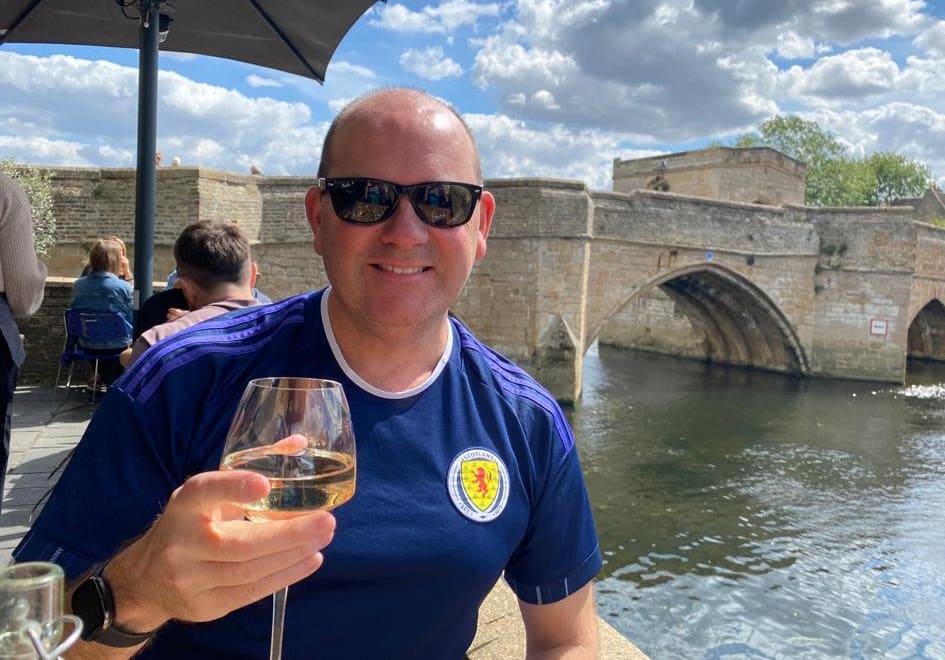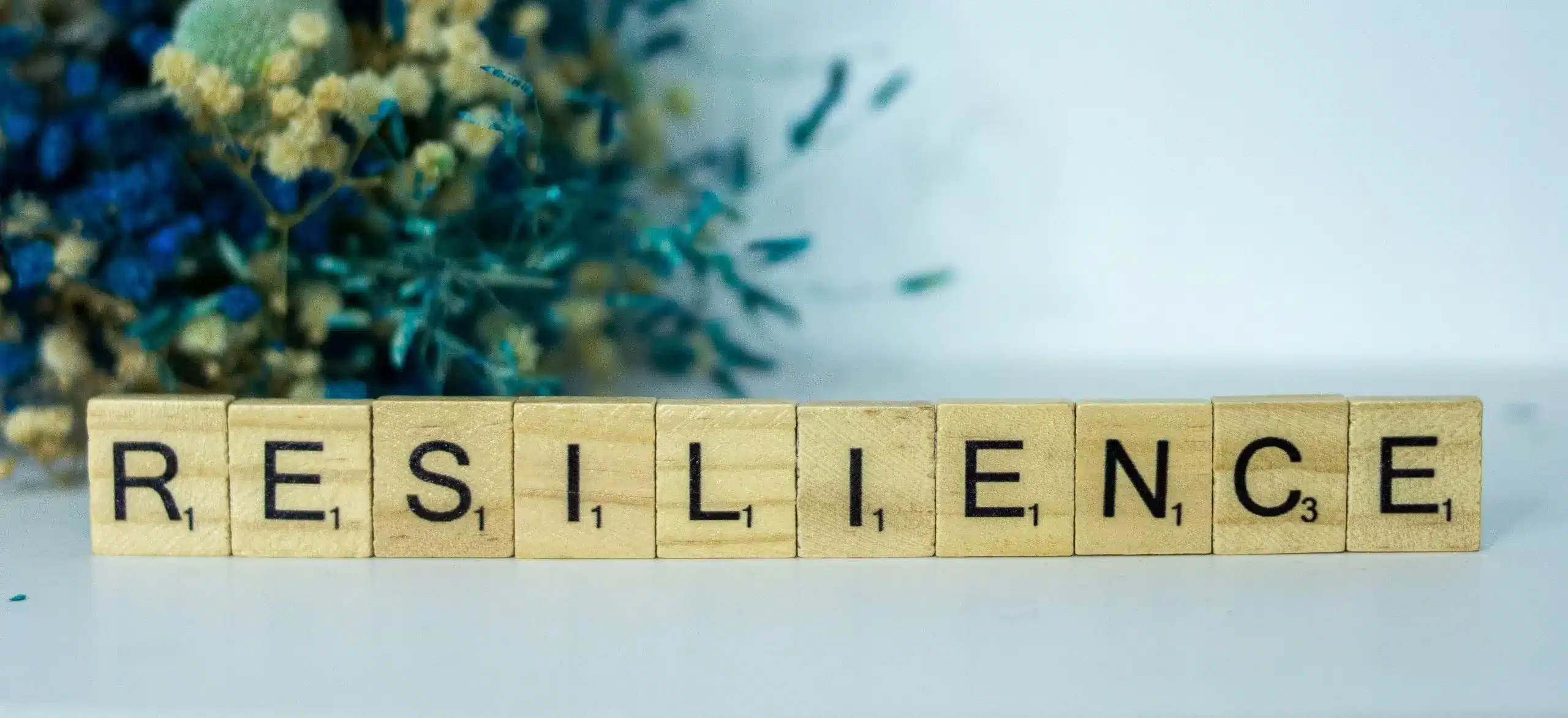
Belinda’s transformational journey from grey area drinking to empowerment
People often talk about their lives in terms of BK and AK—before kids and after kids—or pre- and post-pandemic. For me, the defining line is pre-sobriety and post-sobriety.
The early days
I was never a big drinker. I would share some wine with my husband, but that was about it. My real drinking career began in the early 2000s, in my early thirties as a single mother going through a difficult divorce. Over the years, the over drinking would ebb and flow but if I'm honest, it had become a constant in my life. I managed it—or did I?
When I had moments of honesty and listened to my inner mentor, my women's intuition, I knew it was a problem. Over the years, I attempted breaks from drinking with varying success—FebFast, Ocsober—but I would inevitably end up drinking – daily. Even when I managed to stay dry for a few weeks, thinking I could moderate, I would have a glass of wine, which would turn into two, then three and before I knew it, I’d finished the bottle.
Trialling moderation
I tried different strategies: having a glass of water after each glass of wine, not keeping wine in the house, only drinking on Fridays and Saturdays. But moderation and I just didn’t vibe. My personality is quite all-or-nothing. In business and healthy activities, this trait can be fabulous, but with alcohol, it was destructive. For me, moderation wasn’t an option.
I had a lot of ways to justify drinking, I couldn't be abstinent in January because we were going on holidays, February was too hot, March was my birthday, April was Easter and May was Mother’s Day, June was a long weekend…so many reasons. Plus, you only start on Mondays or wait till next month. I was always able to validate drinking. Then the pandemic hit and social media was filled with memes encouraging drinking. It was like the world was giving me permission to continue—full justification and validation to drink.
High-functioning but unfulfilled
I was also a high-functioning drinker. Running my business, being a great wife and a great Mum—doing all the things. The big juggle was making up excuses to get friends to pick up my younger son from after-school sports so I could start drinking at 5PM. One bottle of wine to "share"—I would have all but one glass, which my husband would drink—followed by a bottle of reduced alcohol wine to myself every single night. It was reduced alcohol, I justified, so I can drink it all. Sometimes more. Good old Uber Eats came in handy for alcohol too. Despite appearing to have it all together, my drinking was affecting me more than I realised.
In early December 2022, I noticed ‘morning shakes’. I brushed it off: "It's nothing, all okay, grab a coffee and you'll be fine", I told myself. Over Christmas, as well as the shakes, I started experiencing awful feelings of disorientation in the mornings, like I had just got off an elevator and the ground was moving. This was scary. Dr. Google only heightened my worry.
The wake-up call
These side effects spooked me. I reached out to my husband and older son, admitting in a text that I had an issue with alcohol. My son responded immediately, "Mum, I never thought you would admit this. I am SO proud of you." Wow. That was a wake-up call and, if I had to call anything a rock bottom, that was it. In actual fact, I had had worse rock bottoms but I ignored them (or had no recollection of them). This time, I wholeheartedly recognised it. It was the first time I had told others about my problem too and I was committed to stopping drinking for six months.
It was challenging to start with but SO WORTH IT. I used my all-or-nothing trait for good. January, being a less hectic time at work, allowed me to immerse myself in books, podcasts, and courses about abstinence. This strategy worked for me. As I started to get clear, my inner mentor's voice grew stronger and stronger, that kind and loving woman inside of me was getting louder and I listened. She continues to guide me today. Bad days still happen, but they are nothing compared to the days after drinking. I began weighing what I’d miss out on if I drink, versus what I miss out on if I don't. The list of benefits of not drinking is long and continues to grow – better skin, fewer menopausal flushes, no mood swings, stable weight, more efficient exercise, healthy eating, a clear brain, studying, journaling, meditating, running, my absolute love of books, being a better mum, a better wife—a better everything. All of these factors and many more were paramount in making the decision to stay alcohol-free; 6 months came and went and I am now 23 months alcohol-free. As I said, there's just too much to give up if I were to drink again.
Transformative change
Being alcohol-free has been truly transformational in every facet of my life. Sobriety didn’t just mean giving up alcohol; it meant rediscovering myself. I reconnected with my passions and found joy in the little things. My relationships improved and I felt healthier and more energetic. Most importantly, I changed my relationship with myself to a kind, understanding, compassionate one. I think MASSES of self-love and self-compassion are key. Last year I completed a certified life coaching course and, since March, at the age of 55, changed careers to being a midlife women’s coach, focussing on grey area drinking.
A message to others
For anyone thinking about stopping, taking a break, or cutting back, I say go for it—you have nothing to lose. Alcohol (unfortunately) will always be around but the benefits of giving it up, even temporarily, are profound and life-changing. Embrace the journey, seek support and believe in your ability to transform your life. You are never too old to reinvent yourself and live the vibrant, fulfilling life you deserve.










What a great story. Well done and you have proven to yourself that it’s never too late to reinvent yourself:)
your story with alcohol is very similar to mine. I hope I can find the strength to do what you have done. Reading your story has made me think I will try again Thank you
You are an inspiration Belinda. Thank you so much